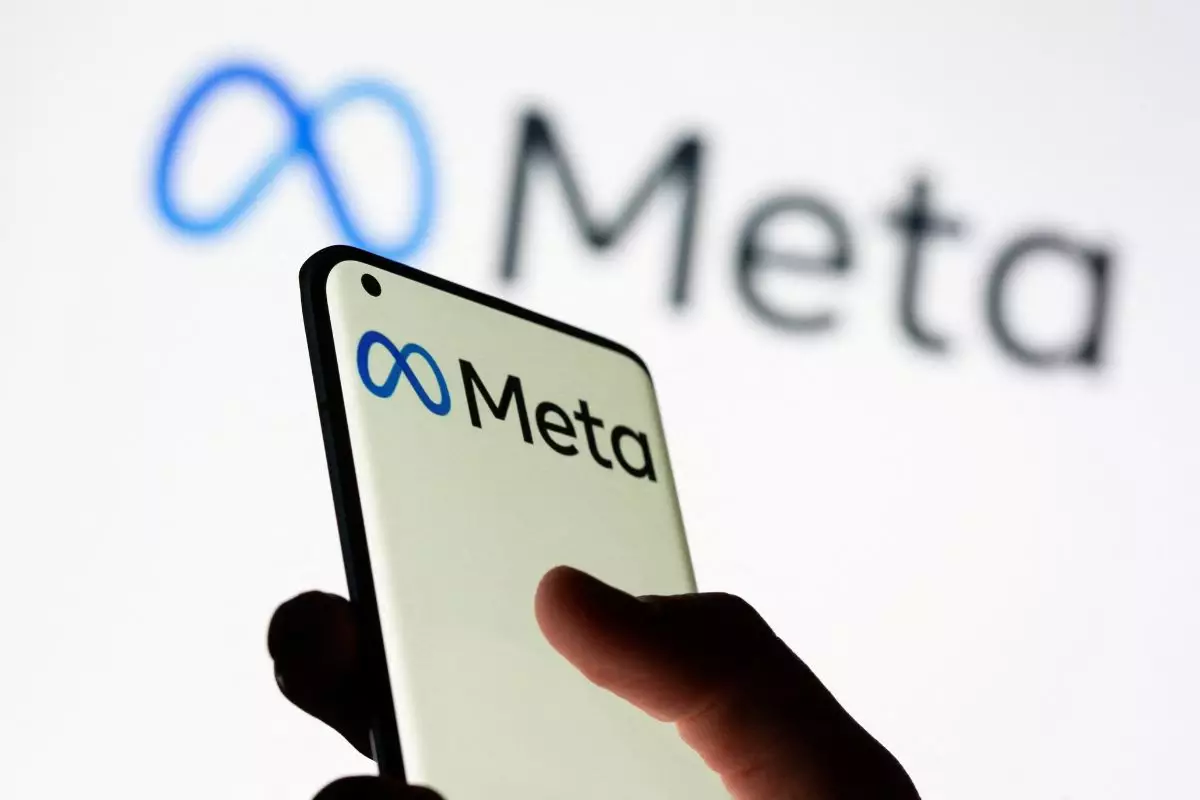In an age where tech giants increasingly fall under the scrutiny of regulators, Mark Zuckerberg’s 2018 deliberation on potentially spinning off Instagram reveals an unsettling truth about the precarious landscape of Big Tech. This discussion, brought to light during a high-profile trial, serves as a testament to the mounting challenges faced by these corporate behemoths as they grapple with antitrust regulations. The US Federal Trade Commission’s attempt to dismantle Meta’s acquisitions of Instagram and WhatsApp has transcended mere legalities; it underscores a systemic tension between innovation and regulatory compliance.
The documents presented in court are a stark reminder of how even the most powerful figures in the technology sector are not immune to the fear of government intervention. Zuckerberg’s consideration of a radical move to separate Instagram into an independent entity exemplifies the extent to which the impending threats of antitrust actions can influence strategic corporate decisions. This pivotal moment emphasizes a crucial question: are the benefits of consolidation worth the risk of attracting regulatory attention?
The Complexity of Integration
During the same testimony, Zuckerberg balanced the potential advantages of integrating Meta’s suite of apps with an understanding of the possible repercussions if such consolidations were to attract unwanted government scrutiny. He articulated a duality in his thinking: while a unified approach could yield significant business growth and operational efficiencies, it may also jeopardize the integrity and market position of flagship platforms such as Facebook.
The paradox inherent in this discussion reflects the volatility of the tech marketplace. As Zuckerberg noted, consolidating these applications could enhance Meta’s market power, yet it simultaneously raises the stakes for antitrust repercussions that lurk just beyond the horizon. This tension illustrates how businesses must remain vigilant and adaptable, with a keen awareness of not only market dynamics but also the shifting sands of regulatory environments.
Future Imperatives: The Ghost of Regulations Past
Zuckerberg’s foresight into the potential ramifications of future regulatory actions is particularly revealing. He explicitly mentioned that the possibility of requiring a spinoff could arise as early as the next decade, especially with a change in political landscapes. This anticipatory thinking is indicative of a leader acutely aware of the changing narrative surrounding antitrust enforcement.
The cautionary note struck by Zuckerberg hints at a broader reality in the tech world: the specter of future regulations looms large over strategic decisions that can define the trajectory of major players in the industry. His acknowledgment of potential government action under a different administration highlights the unpredictability that tech companies must navigate as they innovate and expand.
Competing in a Multifaceted Landscape
Zuckerberg’s admission regarding Instagram’s superior camera capabilities also sheds light on a more profound strategic consideration. The ability to pivot from building an in-house solution to acquiring an existing competitor underscores the imperative of agility in the tech sector. The essence of Zuckerberg’s strategic decision-making lies in a nuanced understanding of how competition operates: either build or buy. This tactic, commonly referred to as the “buy or bury” strategy, has long been associated with the aggressive posture of dominant firms toward emerging threats.
By admitting that the company struggled with building successful apps independently, Zuckerberg inadvertently reveals the hurdles that even industry giants face. The acknowledgment that “most companies perform better after they’ve been split up” runs counter to typical corporate narratives and provokes a debate about the very structure that sustains these behemoths. Do efficiencies gained through size truly outweigh the agility of smaller, independent units? Such questions remain pivotal as Meta grapples with its identity amid shifting regulatory landscapes.
Legacy and the Road Ahead
As this case unfolds, it is essential to consider the historical context of corporate acquisitions within the tech industry. Meta’s journey has been punctuated by instances of rapid evolution, often defined by strategic acquisitions engineered to neutralize potential competition. The narrative illuminates the complex reality of corporate strategy where proactive maneuvers and defensive play are often indistinguishably intertwined.
The ongoing trial serves as a watershed moment for not just Meta, but the entire tech industry. With the stakes so high, Zuckerberg’s insights and strategic reflections may not only influence the outcome of this trial but also redefine how tech leaders approach growth and competition moving forward. The pendulum of antitrust scrutiny swings ever closer, and it remains to be seen whether Meta’s current strategies will endure the challenges of tomorrow’s regulatory environment.


Leave a Reply